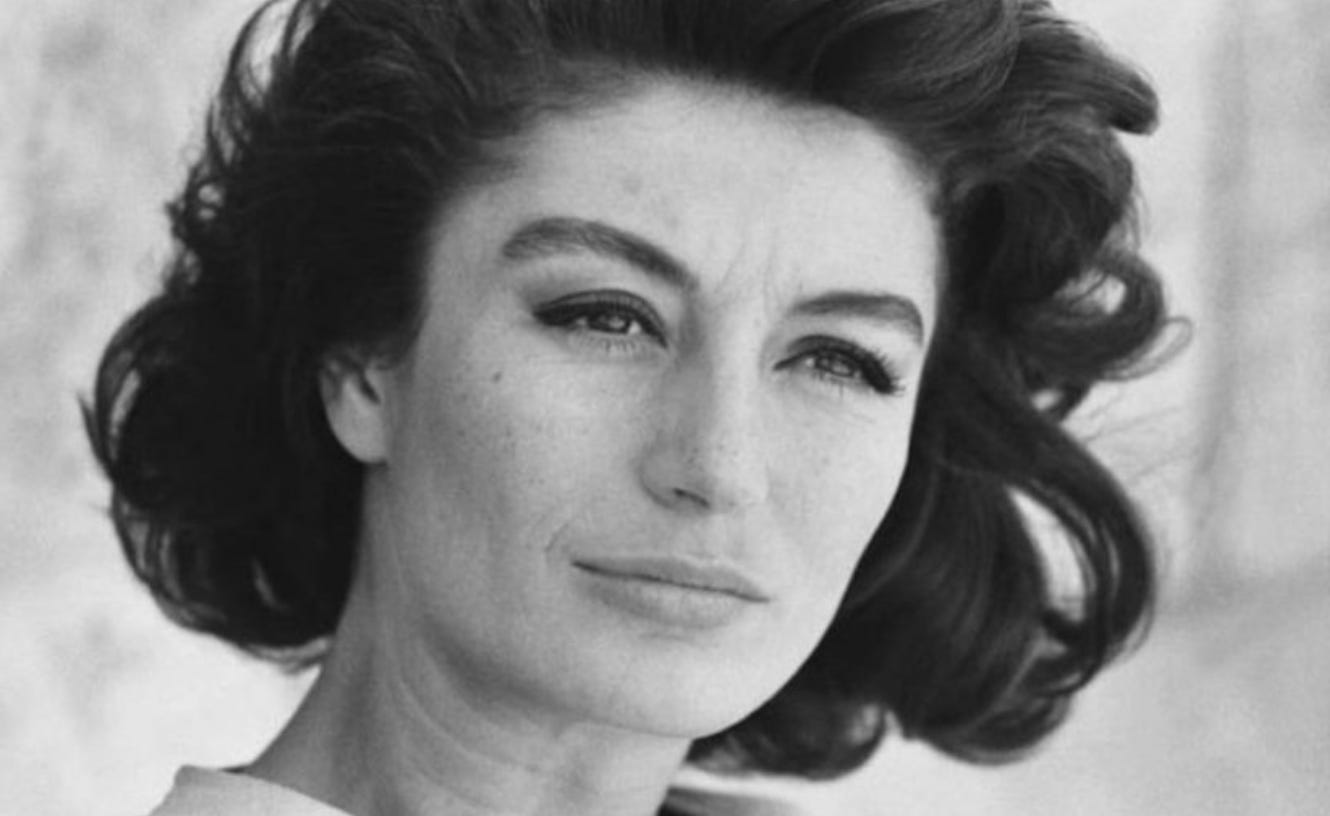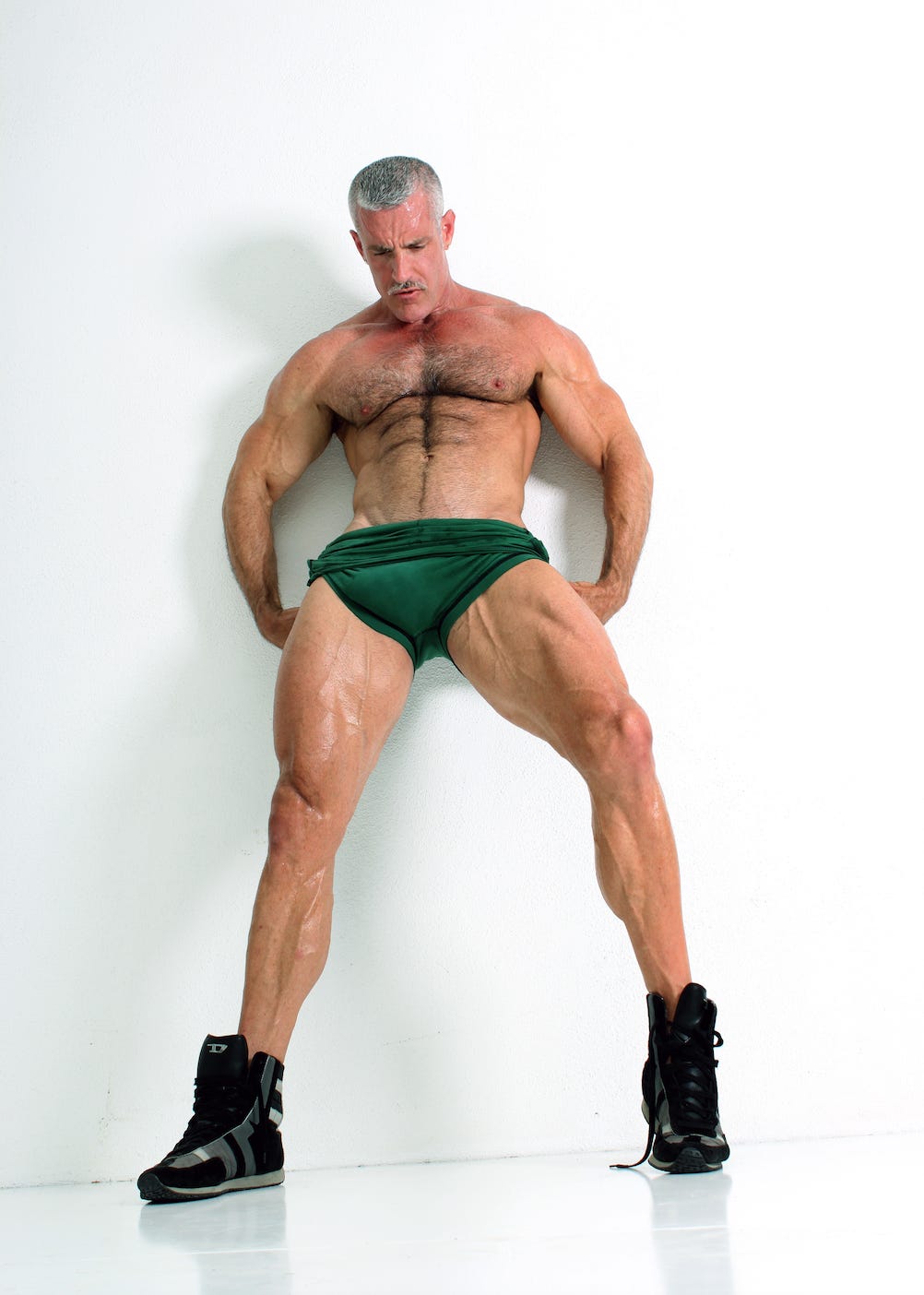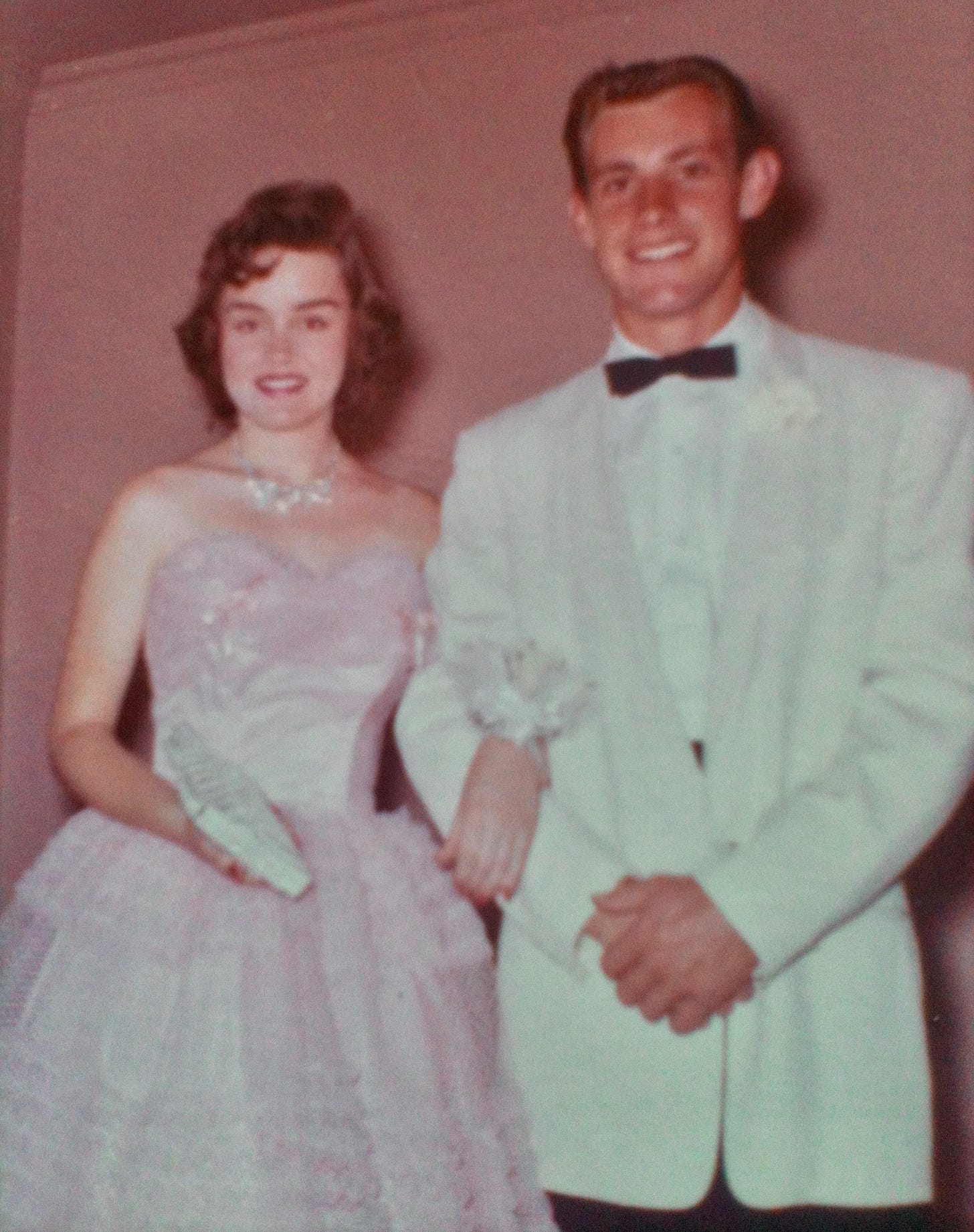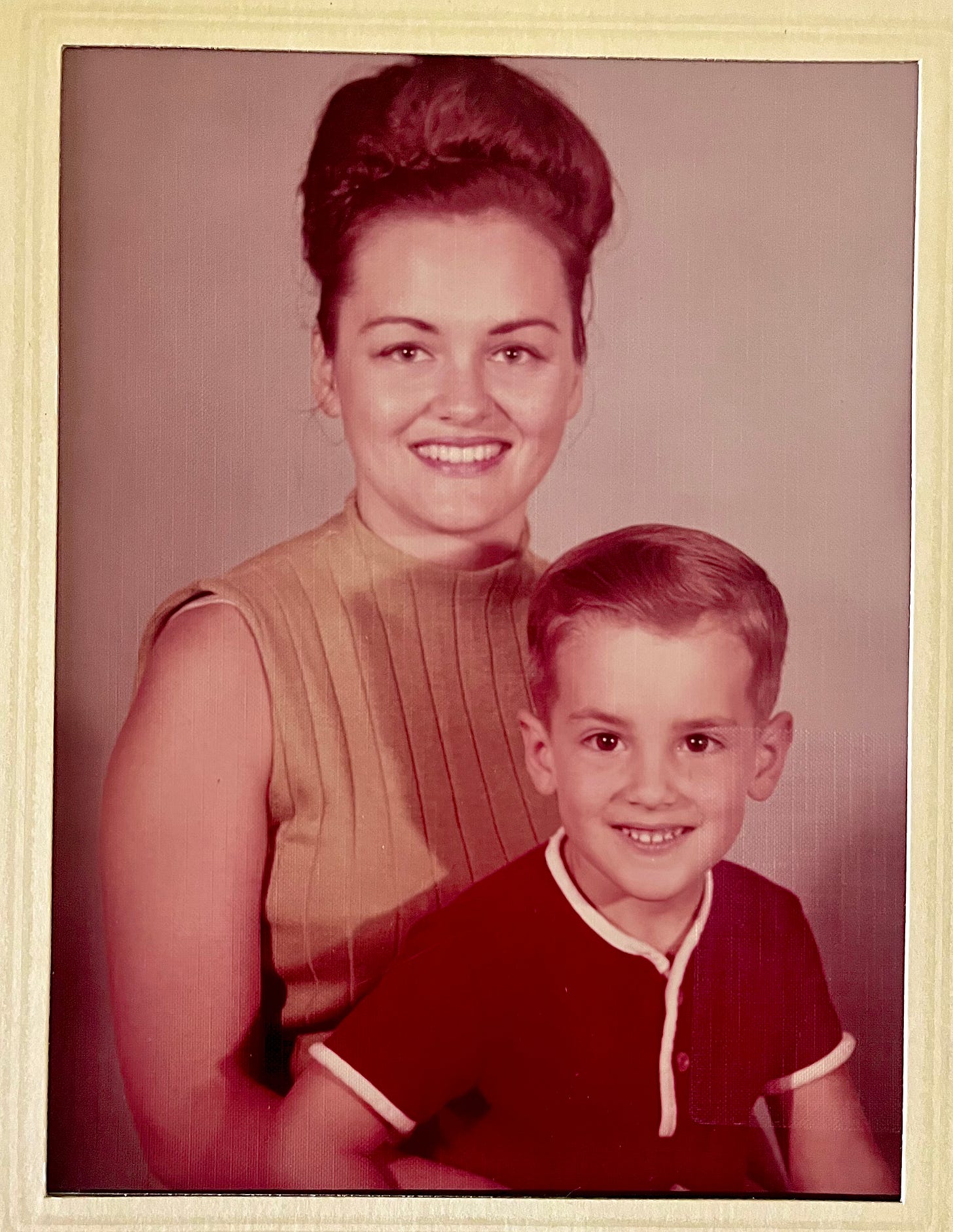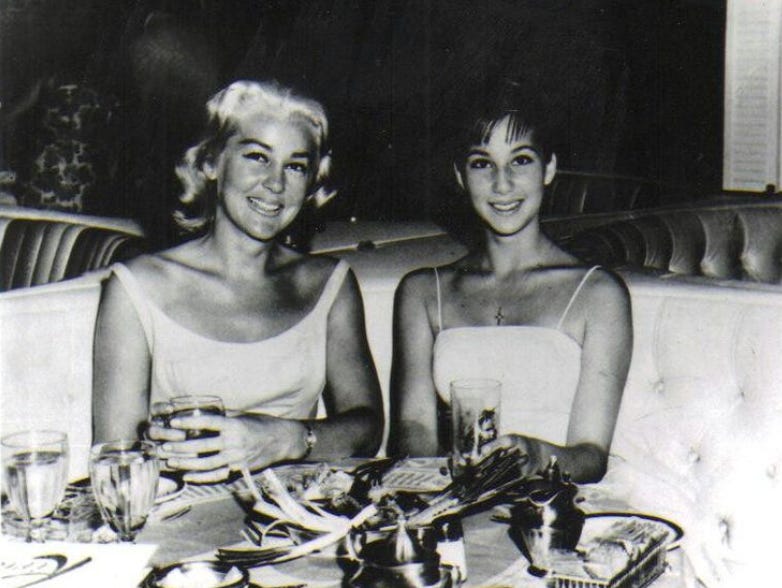Colton Ford Is a Giver And Desires to Receive in Return
The singer turned early-2000s porn sensation turned singer again, now a personal trainer in Palm Springs, doesn't want his open heart taken advantage of again.
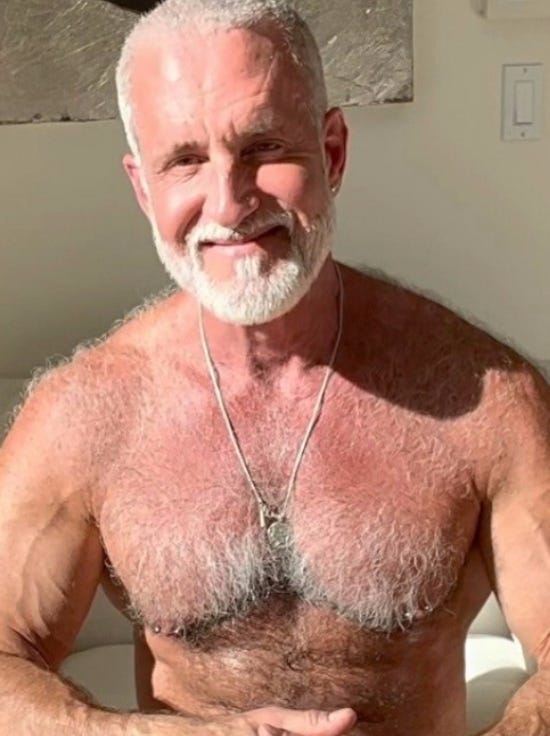
Hey Caftaners! After a lovely NYC Friday, it’s such a dreary NYC Saturday as I pull this together. I haven’t even left the house yet. And for tonight, I’ve chosen a decidedly melancholy outing to Film Form (a very treasured longtime art-house cinema in the Village) to go see Claude Lelouche’s 1966 A Man and a Woman, which I’ve never seen. I’ve been so down with the never-ending flood of cruelty headlines out of the REGIME, the latest being that they just deported to Honduras a two-year-old-girl—yes, a two-year-old girl—who was actually born in the U.S. When and how is this nightmare going to end? Yes, I’ll be protesting this coming Thursday, May Day, and I hope that wherever you are, you will be too. But for tonight, I’m disappearing into my ironclad happy place, which is French films in which I can listen to beautiful French people speak French (preferably while smoking).
[Sunday morning addendum before I post this: Seeing A Man and a Woman last night was just what I needed. I could look at Anouk Aimée in close-up forever!]
Before the main event, I want to shout out someone who’s also dedicated to in-depth interviews with queer (and other) people: the lovely Dennis Hensley, who does the Dennis, Anyone? podcast. Recently, he’s interviewed Paul Rudnick (like I just did!) and Bruce Vilanch (who I’m trying to get…if you know him, will you DM me via Substack and let me know?) Give him a listen—he’s such a sweet guy! (He interviewed me for my last novel, 2023’s Speech Team.)
I also want to thank and shout-out two folks who have consistently posted my Caftan interviews on their longtime popular gay pop culture sites: Kenneth Walsh, who does the Kenneth in the 212 blog, and my fellow Madonnaphile Matthew Rettenmend, who does the blog Boyculture and also does the Substack of the same name, on which, like me, he interviews folks about gay culture and icons mostly of yore—such as his recent interviews with longtime gay sex icon Tony Ward, he of long-ago Madonna video fame. Take a moment to check out both Kenneth and Matthew’s stuff!
Now for the main event: COLTON FORD! (That’s my imitation of Oprah introducing someone on her late, great show.) Why did I want to interview Colton Ford (real name: Glenn Soukesian)? BECAUSE HE’S HOT, PEOPLE! Now a hairy, 63-year-old muscle daddy, he’s still as hot as he was when was a 40-year-old stud making his porn debut back in the early 2000s with his porn star then-boyfriend, Blake Harper. Truth be told, before I did this interview (graciously brokered, I might add, by Caftan favorite Tom Chase, as well as Dallas Steele…all the porn daddies know one another!), I didn’t know much about Colton, although I was aware he sings and has a music career as well.
Well, I’ve had a good streak here at Caftan with the porn daddies, because they’ve all turned out to be pretty intelligent and thoughtful, and Colton was no exception. You’ll see that therapy is a big thing for him. He also has an incredibly sexy, deep speaking voice. In fact, so you can hear it yourself, here is an audio clip from the interview:
Colton and I covered a lot of ground—everything from the benefits of therapy and his love for his late mom to our thoughts about THE REGIME, his feelings about how working in the sex biz changes your actual real sex life, and how our feelings toward, um, certain of our body parts have changed over the years. I think it’s a good interview, both raunchy and thoughtful, and I hope you do, too! And do look out for Colton’s new single, “All Over Me,” which he says will be out this summer on all the usual platforms—Spotify, Apple Music, etc. You can also follow him on Facebook, Instagram or his delightfully NSFW X account.
And may I ask once again, as ever, that if you’ve subscribed to Caftan free for awhile but you consistently appreciate it, please consider becoming a paid subscriber at $5/month to help me keep on doing this.
Thank you! Tim
Thanks for talking to me today, Colton! Or Glenn. Which do you prefer?
Either, but since we're talking for 90 minutes today, call me Glenn. It seems less impersonal.
Ok then, Glenn. So you live in Palm Springs, right?
Yes, currently I'm in a three-bedroom home in Cathedral City but I'm getting ready to move into a one-bedroom casita in Warm Springs, which is a hotspot. It has several of the gay resorts, like INNdulge and All Worlds. And the bars on Arenas, the main strip, are just a few blocks over.
I'd actually moved back to NYC but then two months after I arrived, Covid hit and everything that I moved there for fell apart. I stayed there a couple years, living with a friend part of the time. We made the best of it. It was actually a very productive time creatively. I formed a production company, Woop Woop Prouductions, with my creative partners Ron Schrader and Spin Sista, and I think we recorded about 20 songs—including all the songs on my last album, Permission.
Here is the video for “Handle It,” from the album:
OK, but now you're in Palm Springs. What's a typical day like?
I've been a personal trainer since 2002. I live alone, so I get up around 6 or 7 am. I'm a night dude and always have been, so I stay up as late as I can while still aiming for seven hours of sleep. So then I make breakfast—usually two fried or scrambled eggs and turkey bacon or turkey kielbasa, and a 12-grain piece of toast with some peanut butter and honey on it. Or I'll get Starbucks.
Then I'll drive my Jeep Cherokee to Steel Gym, a watering hole for our community where everybody knows everybody. Then I train clients back to back until about one, then I take a one-hour lunch break and then train two to four more clients.
What kind of a trainer are you?
A great one!
Well, I'm sure! But why?
I combine traditional weight and resistance training with function-oriented movement. I use machines, free weights, the stability ball and a BOSU half-ball. I'll have clients stand on the BOSU and perform a bicep curl into a squat into a shoulder press, so they're moving weights while stabilizing themselves to keep from falling off.
Oh, hm, I've never done weights while on a stability ball, or a BOSU ball.
You should. It has tons of benefits. You're strengthening your core in the process because it has to fire up to stabilize you while you’re working whatever it is you’re working. So you're engaging your entire body.
Does it get boring watching other people work out all day?
Um—no, in that each person you're training is different and you have a very personal relationship with them. So there's a lot of interaction going on beyond just the working out, including during the little rests in between our cycles. I love all my clients and I enjoy helping them get stronger and feel better about themselves.
Do people tell you what's going on in their lives, as they sometimes do with their hairdressers?
Absolutely. I'm a big proponent of therapy. I've been going to therapy since I was 30, so it's kind of my "speak." So with my clients, I'm able to share some of the things that I've learned along the way in therapy that have worked for me.
Can you talk about a few things you've derived from therapy?
They're so far-reaching and they continue to impact my life as I get older. The work never stops. You never stop encountering things that can challenge you. To me, therapy is about getting connected to a strong sense of self, taking a look at your past, dealing with the residue of traumas in terms of the behaviors you created in the past to manage the trauma when you were young. As adults, we have the opportunity to create our own reality. Because those coping mechanisms we used when we were young don't really work anymore. They're restrictive, designed to make things smaller and safe, and as an adult, if you can't see past them, you can't see the possibilities—because you're not going to go for it. As an artist, you might say to yourself, "You're not going to be able to make it," because your family always said to you, "Get a stable job and do creative stuff as a hobby on the side." Well, when you're afflicted in the way that artists are, you don't really have a choice.
So for me, therapy helped me overcome some of those survival mechanisms in my head, like, "This is too big for me to think I can do, and I should play it safe." Once you're able to get into bed with your trauma and have a different relationship with it that isn't dictating your behavior, that's a healthier way of being. You figure out what happened in the past and where certain behaviors of yours came from, so you can change them.
For me, therapy has helped me somewhat pull back from myself and watch myself, watch how I react or am inclined to react, rather than just being pure reaction.
Yeah, observing, where you can float above the room and observe what's going on. It's always helpful to stay out of your reactive mind so you can understand what's transpiring and how you're responding to it. You can find a sense of self, the way to love yourself—how to take care of that little kid inside that's fearful and scared and let him or her know that you have their best interest. And sometimes we fuck up. When I do, I talk to my inner kid and apologize and say, "I'm going to do better to make sure this doesn't happen again." It's a constant nurturing.
Right. So in Naked Fame, the 2004-5 documentary you made about your transition from porn to pop music...
...your parents seem pretty cool. Where they?
Um...well...everything is more layered, obviously. I grew up in Mission Viejo, California, a very conservative white community in Orange County. Both my parents have since passed away. Yes, they were very accepting of me. But my dad left my life when I was three and didn't come back until I was 16, so that's where my abandonment issues stem from. I still have to do a lot of work to be mindful that I'm not attaching the desire to get my father's love to someone who's my love object.
My father just should not have been a father. He was very charismatic. He and my mother were both beautiful specimens.
I don't doubt that.
But my father just didn't have the ability to think about things or people before himself. Yes, he came back into my life and we had a relationship and he was supportive, but I never really felt fathered by him. So it's layered. So many people who've seen the doc have said to me, "Your parents were so great. My parents threw me out at 12 for being gay." And yes, I was fortunate in that they accepted my homosexuality and my doing porn. My mom just always knew me.
What did she say about the porn?
That she thought it was helping me get back into my creative side.
Was she right?
Yeah. I had two music deals on the table with Virgin in the nineties, and in between them I went back to corporate America, managing the volunteer program for Wells Fargo in five states. But it wasn't creative and I was bored, feeling like I wasn't doing what I'd been put on earth to do. And the opportunity came along to do porn with Blake [Harper, fellow former porn star and his ex-boyfriend]. I was 39 and I thought, "What the fuck, maybe I can create something and use that to drive attention to my music." So my mom was right on the money.
What did your dad say about the porn?
He said, "Yeah, I'd probably do it too if I looked good. Who doesn't want to be a porn star?" He was a character. He was charismatic. People were moved by him as well as my mom, whose beauty actually made her feel uncomfortable.
You have to be pretty stunning to actually feel oppressed by your own beauty.
She was an amazing woman. My father came from a very wealthy family. But at 21, my mom decided that my father was not the husband that she expected because he was out racing his cars and not being home to take care of his wife and kid. And instead of choosing to stay with him, my mom chose to leave him and go back to work as a secretary. That's how special she was. What 22-year-old would say, "I'm going to get my own apartment and go back to work versus living in the lap of luxury?"
She had a backbone.
She also realized what was important. She wanted a husband who was present. And she was a caregiver. I'm a caregiver—I got that from her. She had a lot of struggles in life. But we were very close. She was my girl!
You must miss her.
Of course. She died of cancer in 2013 at age 69. I was there with her. We had some amazing moments, but it was time for her to leave. She'd been in therapy all her life, so I was exposed to that when I was a kid and learned about the value of self-exploration. We take the time to go to the gym and take care of our bodies, but a lot of people aren't talking about the benefits of therapy, doing the work on the inner self, learning how to keep your sense of self through all the twists and turns. You really need tools to do that. Otherwise, you're just reacting.
Yes. You're Armenian, right?
On my father's side. My Armenian grandmother cooked her ass off, so I'm hip to Armenian food and I love it. But again, I didn't see my father for 14 years and I really grew up with my mom and stepfather. My mom's parents were the glue for the family, and we did things like spend the summer in Newport Beach with them.
Are you aware of the other famous person from the L.A. area who grew up with an absent Armenian father who has always been very close with her mother?
Uh—who?
Cher!
Oh. Yeah.
[this leads us into a long digression about stories we've heard about Cher that we decide to leave off the record.]
So I want to ask you: In this photo of you as a teen...
...you are adorable but very geeky. And that obviously changes in the ensuing years. Here you are in your twenties in the 1980s:
When did you come into your hotness, or go from a geek to a stud?
I think that would orient around when I came into my sense of self. And that was through therapy. I started getting really comfortable within myself as I approached my forties and had been in therapy about ten years. My grandmother and I were really close, but she was the quintessential perfectionist. It took her an hour and a half to put her face on. And when I first started going to therapy, I was obsessed with my hair. That was the time of the 1980s with the spiky Billy Idol hair, when I was in my twenties. I don't feel like I came into a sense of my own power until I moved through my thirties with therapy, talking about everything and exploring shit and being vulnerable. I've had the same amazing therapist my entire adult life. I only talk to her now when I encounter a bump I'm struggling with. She brings me back to center. Triggers like abandonment can be very insidious. You might not know that a certain situation is triggering. There's a lot of people out there who are master manipulators, as we see in this country right now.
Oh, yes, what I call The Situation. Do you have thoughts about what's going on right now?
Keep reading with a 7-day free trial
Subscribe to The Caftan Chronicles to keep reading this post and get 7 days of free access to the full post archives.


